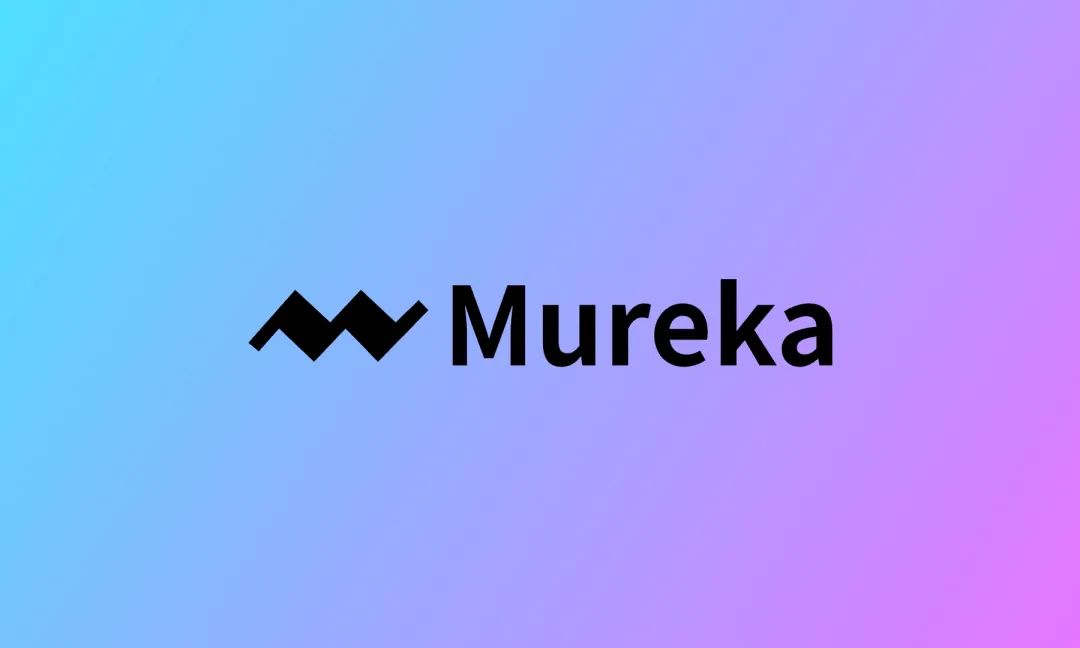全球股市再次陷入困境
|
由于对全球经济的担忧日益加剧,导致华尔街遭受了重大损失,最近,全球股票市场再次暴跌。
作为全球增长风向标的石油和其他大宗商品、新兴市场货币、能源与矿业股票,均出现大幅下跌,因为投资者退出了建立在中国和其他新兴市场增长基础上的各类交易。新兴国家占世界总人口的85%。
此外,新兴市场在全球GDP中的占比超过50%,自2008年经济危机爆发以来,新兴市场一直是全球增长的主力,但随着美联储收紧货币政策,以及中国经济模式的局限性日益明显,资本纷纷逃离这些国家。中国仅2015年12月份流出的注册资本便超过1000亿美元。
一夜之间,原油期货价格跌至了13年以来的新低——每桶29.72美元。在美国东部时间1月15日6点,原油期货价格上涨了近1美元,达到30.73美元。
目前遭到美元重创的首选货币是新西兰元,新西兰元大幅贬值1.5%。新西兰元和新西兰的经济,已经成为代表中国农业大宗商品需求的金融市场指标,而澳元则被视为是中国工业大宗商品的指标。
美元兑离岸人民币(中国人民银行难以严格控制离岸人民币汇率)再次上涨,这代表了对人民币的新一轮投机。此外,美元兑南非(另外一个大宗商品指标)、印尼(更早降低利率,并遭到了恐怖袭击)、土耳其(更多恐怖袭击和政治稳定性)和英国(对英国退出欧盟的担忧)等国货币的汇率也有所上涨。
简而言之,投资者正在避开所有蕴含风险的领域,只有贸易商在苦苦支撑,希望价格不要下降到触发大规模期权持仓的水平。
当然,并非一夜之间便全是坏消息。根据初步估算,作为欧元区的发动机,德国经济在2015年增长了1.5%。英国奢饰品集团巴宝莉公司(Burberry Plc)在宣布其中国销售额重新开始增长之后,公司股票应声上涨4%(但在市场获悉其香港销售遭遇重创之后,股票再次下跌)。英国最大的食品零售商乐购(Tesco Plc)也宣称,节日季的业绩远高于预期,使公司股票上涨了4.2%。
但坏消息是,11月份,作为亚洲商业投资风向标的日本机械订单,年内下降了25.8%(抵消了日元的热度,通常在类似情形下,日元被视为避险货币。)
法国汽车制造商雷诺(Renault)更令市场形势雪上加霜。据法新社报道,雷诺汽车办公室遭到突击检查,与法国调查其部分汽车排放超标有关,导致公司股票暴跌20%。目前,雷诺尚未就此报道发表意见。(财富中文网)
译者:刘进龙/汪皓 |
World stock markets are getting pummeled again Thursday, following the sharp losses on Wall Street on Wednesday caused by growing fears for the global economy.
The usual proxies for global growth–oil and other commodities, emerging market currencies, energy and mining stocks–are almost all sharply lower as investors bail out of any kind of trade predicated on growth in China and the rest of the emerging world, which accounts for 85% of the world’s population.
Emerging markets also account for over 50% of world GDP, and have been responsible for the lion’s share of global growth ever since the 2008 financial crisis, but capital has flooded out of them as the Federal Reserve has tightened its monetary policy and the limits of China’s economic model have become apparent. China alone registered capital outflows of over $100 billion in December.
Overnight, crude oil futures had fallen to a new 13-year low of $29.72 a barrel, although by 0600 ET they had recovered by nearly $1 to stand at $30.73.
Today’s currency of choice for a good kicking by the U.S. dollar is its New Zealand counterpart, which has fallen by a clunking 1.5%. New Zealand’s currency, and its economy, has become a proxy in financial markets for Chinese demand for agricultural commodities, the same way as Australia’s dollar has become a proxy for Chinese industrial commodity demand.
The dollar has also made fresh advances against the offshore Chinese yuan (the rate that isn’t as tightly controlled by the People’s Bank of China), indicating a fresh wave of speculation against the Chinese currency. And the dollar is also up against currencies from South Africa (another commodity proxy) to Indonesia (which cut interest rates earlier and suffered a terror attack), Turkey (more terror attacks and political instability) and the U.K. (fears over it exiting the European Union).
In short, anything that smells of risk of any sort is being shunned, with much of the only support coming from traders desperately trying to keep prices away from levels where big options positions will be triggered.
The actual news has not been all bad overnight. Germany’s economy, the engine of the eurozone’s, grew by a respectable 1.5% in 2015, according to preliminary estimates. U.K. luxury group Burberry Plc’s BURBY 3.37% shares leapt 4% after it said that Chinese sales had started growing again (although they fell back after the market digested that its Hong Kong sales had taken a pounding). And Tesco Plc TSCDY 8.20% , the U.K.’s largest food retailer, also announced much stronger-than-expected figures for the holiday season, lifting its stock by 4.2%.
But on the debit side, Japan’s machinery orders fell, a rough proxy for Asian business investment, fell by 25.8% on the year in November (offsetting any enthusiasm for the Japanese yen, which is normally in demand as a safe haven on days like this.)
And more shade was cast by French carmaker Renault RNSDF -7.33% , whose shares plummeted 20% after the news agency AFP reported that its offices had been raided in connection with a French probe into excess emissions by some of its vehicles. Renault hasn’t commented on the report yet. |







